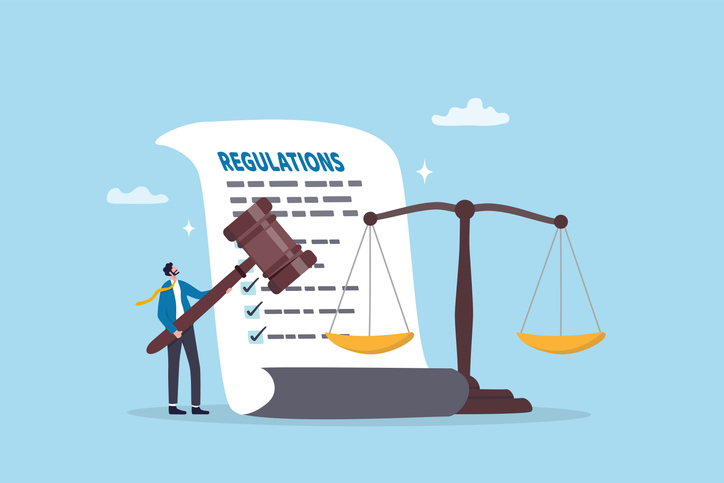Transparency has been one of the most popular corporate buzzwords of 2017. The idea comes up time and time again in annual reports and interviews with CEOs and regulators all over the world – so much so that the concept is widely accepted as an integral part of good business practice today. Just about everyone from Donald Trump to business leaders extols its virtues and boasts about their adherence to the concept; it would seem that being transparent is the ‘done thing’ for business.
This is due in large part to the climate we operate in. Today’s business environment expects companies to be open, particularly as social media has enabled organisations to communicate with customers in a public forum. The psychology of this is fairly simple. Just as we find ourselves trusting people who appear to be honest in our own lives, customers and employees feel more disposed towards companies who display similar ‘human’ characteristics.
However, making transparency a reality for your company can be difficult to achieve. What information should be given away? How should it be done? Is doing so actually helpful to our business, or indeed, the recipients of the information being disclosed?
Without a degree of healthy scepticism, the ideal of transparency can run the risk of damaging a business, even if people go into it with the best of intentions.
To understand what is a genuine force for good in business, it helps to break transparency down into five key types:
Enforced – When legislative and regulatory frameworks stipulate disclosure, this type of transparency should be strictly observed. Obscuring financial information in reporting or executive remuneration should never be a consideration. It can be incredibly detrimental to your reputation.
Defensive – Often, a competitor will set the standard for best practice in a market. To avoid losing its share, a business can feel compelled to do the same. Look at the example of high street retailers; when one boasts about their ethical trading standards, competitors are forced to demonstrate the same approach, otherwise their trade figures will suffer because of non-disclosure.
Manipulative – Disclosing certain information in this way can backfire, particularly if it is done to distract from other details. Labelling of food and drink products in an obscure or inaccessible language to hide high sugar, salt or fat contents is a manipulative way of misguiding the consumer.
Manufactured – Companies should never provide false information to give the mere impression of being transparent. When VW published false data on their emissions to gain licence to trade in the US, the company gained a criminal charge and was forced to pay a $2.8 billion fine. A far cry from honest business practice.
Unintentional – Finally, the unintentional release of information without due consideration can spell disaster for a business. In one of the world’s most infamous corporate gaffes, when Gerald Ratner of Ratner’s High Street Jewellers, described his products as ‘crap’ he single-handedly wiped £500 million from the value of his company. The accidental release of sensitive information also falls under this bracket.
True transparency by a company is always measured and implemented for the purposes of good legal and ethical practice. An understanding that your information may be misrepresented is paramount to achieving this, and the provision of extra resources to make sense of complex data is vital for ensuring the success of your honest intentions. It is disingenuous to claim total and unfettered transparency because it is neither acceptable, nor desirable.
Instead, leaders should work towards sharing information clearly. A company that achieves clarity of disclosure is one whose stakeholders can arrive at better decisions with respect to the business, and whether they should be re-assured or worried.
Mufid Sukkar is group chief strategy officer of Nest Investments





